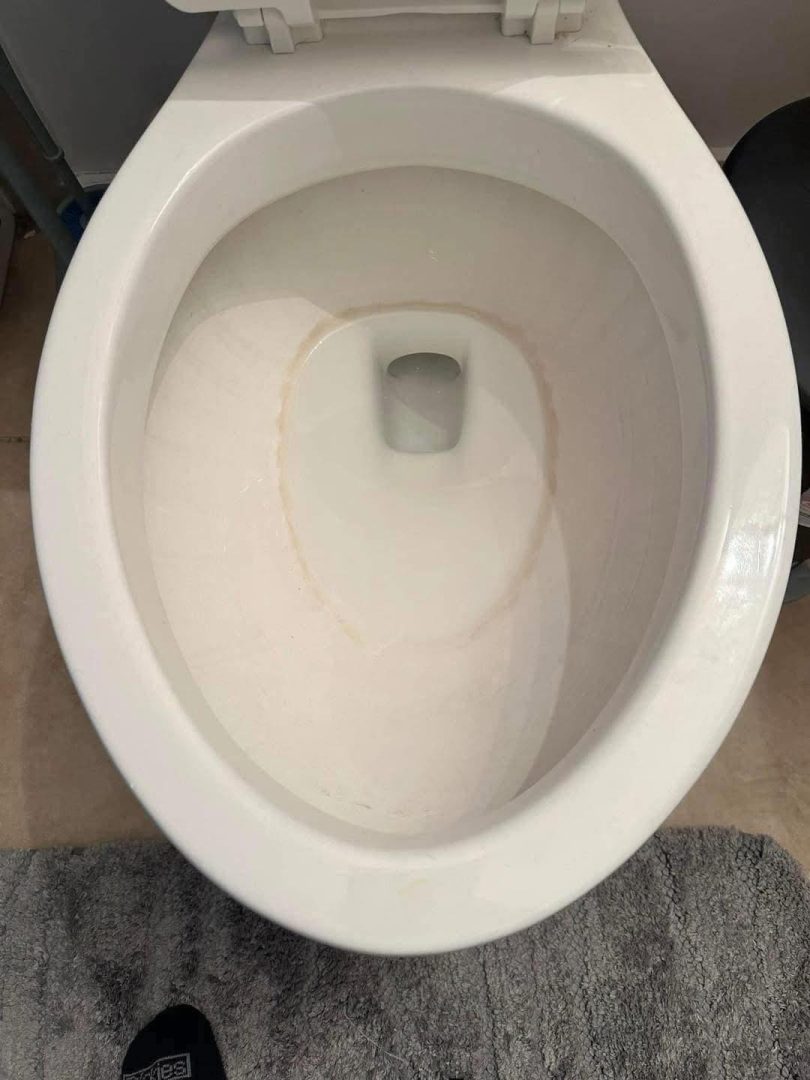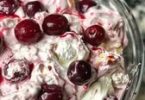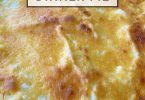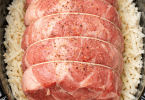5 Easy Methods to Remove Hard Water Stains from Your Shower
Understanding Hard Water Stains
Hard water stains are a common problem in many homes, caused by mineral deposits left behind when water evaporates. These unsightly white or yellowish marks, primarily made up of calcium, magnesium, and manganese, can accumulate on shower doors, tiles, fixtures, and glass surfaces, making your bathroom look dull and unclean.
The good news? With a little effort and the right natural cleaning solutions, you can effectively remove these stains and keep your shower looking spotless. This guide outlines five simple, eco-friendly methods to tackle hard water stains, along with prevention tips to keep them from coming back.
Materials Needed
Before you start cleaning, gather these essential supplies:
- White distilled vinegar: The acetic acid in vinegar helps dissolve mineral deposits.
- Baking soda: A natural abrasive that lifts stains without scratching surfaces.
- Lemon juice: The citric acid helps break down stubborn mineral residue.
- Dryer sheets: Used dryer sheets can buff away mineral spots from glass and metal surfaces.
- Spray bottle: For easy application of cleaning solutions.
- Scrub brushes and sponges: Essential for scrubbing away softened deposits.
- Old toothbrush: Ideal for reaching crevices and grout lines.
- Microfiber cloths: For gentle and effective wiping.
- Rubber gloves: To protect your hands during cleaning.
- Plastic putty knife: Helpful for scraping off hardened mineral deposits.
- Grout brush: For deep-cleaning grout lines.
- Safety razor blades: Used carefully to scrape off stubborn stains from glass surfaces.
5 Simple Methods for Removing Hard Water Stains
1. Vinegar Solution Method
Vinegar is an excellent natural cleaner that dissolves mineral deposits without harsh chemicals.
Steps:
- Fill a spray bottle with undiluted white vinegar.
- Spray the vinegar directly onto stained surfaces.
- Let it sit for 15-30 minutes to break down the mineral deposits.
- Scrub the area with a sponge, brush, or microfiber cloth.
- Rinse thoroughly with water and dry with a clean cloth.
For tougher stains:
- Add baking soda to the vinegar to create a foaming reaction that enhances cleaning power.
- Let the paste sit for 10-15 minutes before scrubbing.
2. Lemon Juice Method
Lemon juice is another natural acid that works well on hard water stains, especially for glass surfaces.
Steps:
- Cut a fresh lemon in half and rub it directly onto the stained areas.
- Let the juice sit for 10-15 minutes.
- Scrub with a sponge or brush.
- Rinse with warm water and dry the surface.
For extra cleaning power: Mix lemon juice with vinegar and apply it to tough stains.
3. Baking Soda Paste Method
Baking soda provides gentle abrasion to remove mineral buildup.
Steps:
- Mix baking soda with a small amount of water to form a paste.
- Apply the paste to stained surfaces using a sponge or cloth.
- Let it sit for 10-15 minutes.
- Scrub in circular motions with a brush or sponge.
- Rinse with warm water and dry the surface.
4. Dryer Sheet Buffing Method (for Glass and Chrome)
Used dryer sheets can help remove stubborn hard water spots on glass and metal fixtures.
Steps:
- Take a used dryer sheet and dampen it slightly with water.
- Gently rub it over the stained areas.
- Rinse and wipe with a microfiber cloth for a streak-free shine.
5. Soaking Showerheads and Faucets
For mineral buildup inside showerheads and faucets, soaking is the best solution.
Steps:
- Remove the showerhead or aerator if possible.
- Soak it in a bowl of white vinegar for 1-2 hours (overnight for severe buildup).
- Scrub with a toothbrush, rinse thoroughly, and reinstall.
If you can’t remove the fixture:
- Fill a plastic bag with vinegar, secure it around the showerhead with a rubber band, and let it soak for several hours before scrubbing and rinsing.
Preventing Hard Water Stains
1. Use a Squeegee After Showering
After each shower, use a squeegee to remove excess water from glass doors and tiles. This prevents water from drying and leaving mineral deposits.
2. Install a Water Softener
A water softener reduces mineral content in water, preventing future buildup.
3. Use a Showerhead Filter
Shower filters trap minerals before they exit the showerhead, reducing the likelihood of stains.
4. Regular Cleaning and Maintenance
- Wipe down shower surfaces weekly with a mild vinegar or lemon juice solution.
- Deep clean your shower at least once a month to prevent mineral buildup.
Conclusion
Hard water stains don’t stand a chance when you use these simple, natural cleaning solutions. Vinegar, baking soda, and lemon juice offer effective, eco-friendly ways to restore your shower’s shine without relying on harsh chemicals. By adopting regular maintenance habits, such as squeegeeing after each shower and using water filters, you can keep hard water stains at bay and enjoy a spotless, sparkling bathroom every day.
Try these methods and say goodbye to stubborn stains!






